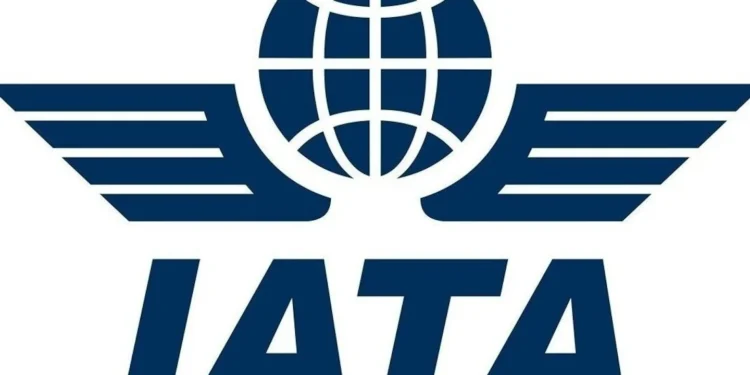Nigeria has achieved a significant milestone in aviation finance by successfully resolving its airline revenue blockage crisis, according to the International Air Transport Association, which has officially removed the country from its list of nations with trapped carrier funds.
The development was announced by Kamil Al-Awadhi, IATA’s regional vice-president for Africa, the Middle East, and Europe, during the organization’s latest annual general meeting. Al-Awadhi praised Nigeria’s substantial progress in addressing what had become one of the aviation industry’s most pressing financial challenges in the region.
Nigeria’s removal from the blocked funds list represents a remarkable turnaround for a country that had previously held the unfortunate distinction of leading the world in unrepatriated airline revenues. At its peak, the crisis saw approximately $850 million in airline funds trapped within Nigeria’s financial system due to severe foreign exchange shortages that prevented carriers from accessing their legitimate earnings from ticket sales and cargo operations.
The financial blockage had created significant tensions between Nigeria and international airlines, with several carriers threatening to reduce or suspend operations to Nigerian destinations. The situation highlighted the broader challenges facing Nigeria’s foreign exchange market and raised concerns about the country’s attractiveness as an aviation investment destination.
According to Al-Awadhi, while blocked airline funds continue to plague the broader Africa and Middle East region, Nigeria has joined Egypt and Ethiopia as countries that have made meaningful progress in resolving these issues. The improvement in these three nations demonstrates that concerted government action can effectively address aviation finance challenges.
The resolution process began gaining momentum in 2022 when the Central Bank of Nigeria initiated systematic releases of trapped funds following sustained pressure from the aviation industry and international partners. The current administration has continued these disbursement efforts, treating the issue as a priority for maintaining Nigeria’s reputation in the global aviation market.
By March 2024, Nigerian monetary authorities announced they had successfully cleared the country’s foreign exchange backlog, a claim that IATA has now validated through its confirmation that 98 percent of airline funds have been released to their rightful owners. This achievement represents not only a financial victory but also a restoration of confidence in Nigeria’s commitment to honoring international business obligations.
Despite Nigeria’s success, the broader regional picture remains concerning for aviation stakeholders. IATA data reveals that $1.28 billion in airline revenue remains blocked worldwide as of April, with an overwhelming 85 percent of these funds concentrated in Africa and Middle East countries. African nations alone account for $919 million of the trapped revenues, highlighting the continent’s ongoing foreign exchange challenges.
Mozambique has now inherited Nigeria’s former position as the country with the highest level of blocked airline funds globally. Other significant contributors to the regional problem include the Central African Economic and Monetary Community, Algeria, Lebanon, and Angola, all of which continue to restrict airlines’ access to their revenues.
Al-Awadhi emphasized the severe economic consequences of blocking airline revenues, noting that such practices limit carrier operations, reduce connectivity between markets, and create negative perceptions that deter foreign investment. He urged governments across the region to prioritize aviation when allocating scarce foreign exchange resources, arguing that the sector’s role in economic development and regional integration justifies preferential treatment.
The IATA official’s comments reflect the aviation industry’s ongoing struggle with foreign exchange restrictions across developing markets, where airlines often find their locally-generated revenues trapped by currency controls and regulatory barriers. These blockages not only affect individual carriers but also undermine the overall growth potential of regional aviation markets.
Nigeria’s successful resolution of its airline revenue crisis serves as a positive example for other countries grappling with similar challenges. The achievement demonstrates that sustained government commitment, combined with systematic approaches to foreign exchange management, can restore international confidence and maintain healthy relationships with global aviation partners.
The development is expected to strengthen Nigeria’s position as a major aviation hub in West Africa and could encourage increased airline investment in Nigerian routes and services.



















